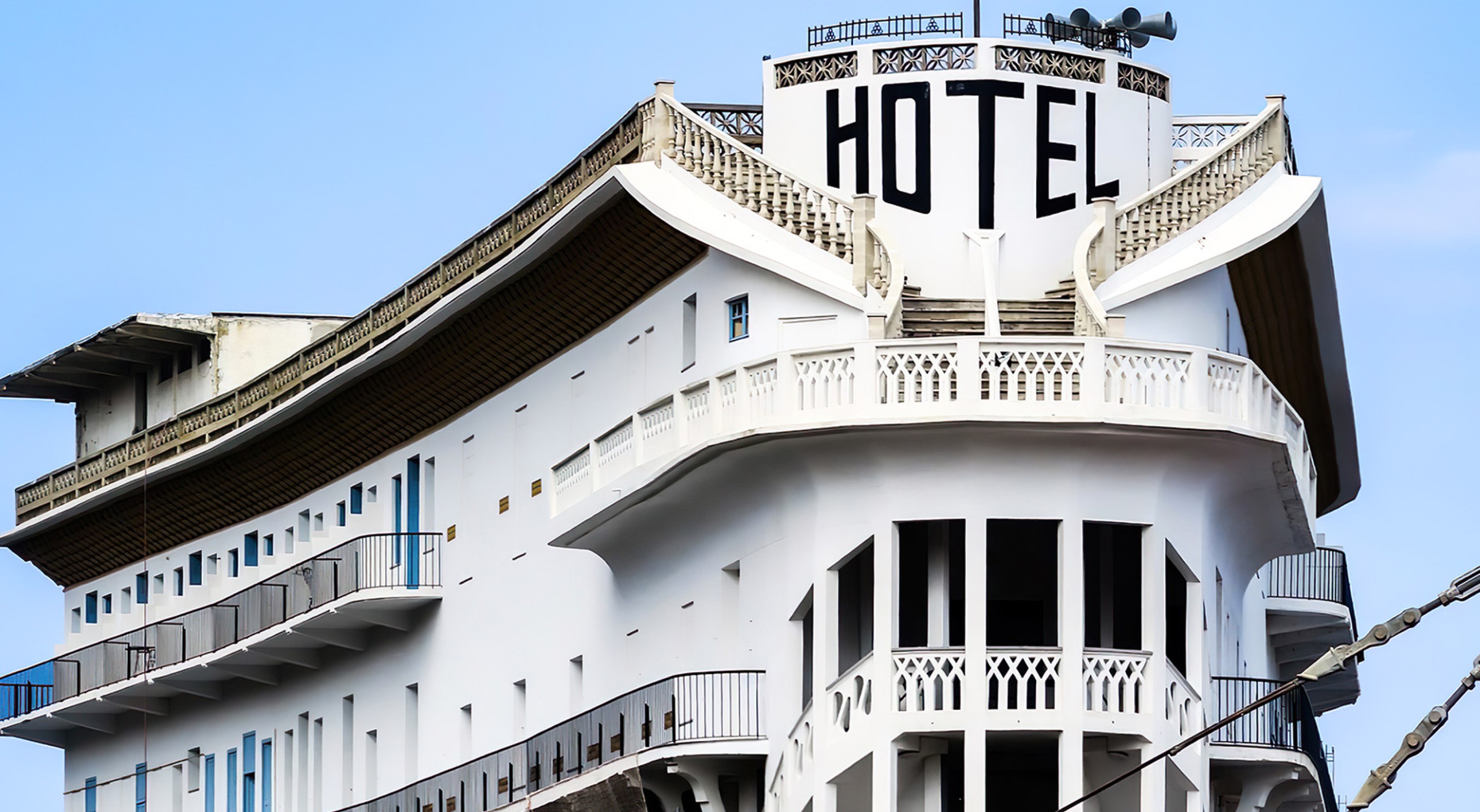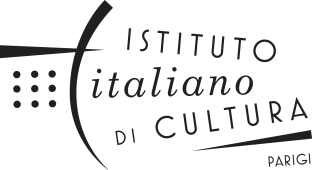octoberoct 15
Luciano Berio, Naturale (1985-1986) for recorded voice, viola and percussion
Sardanes, performed by the cobla
Alessandro Bosetti, Nouvelle œuvre, commissioned by the Festival d'Automne à Paris
Pierre-Yves Macé, Variations Belvédère, commissioned by Mondes Nouveaux (creation May-October 2023)
Sardanes, with dancers
Ensemble L'Instant Donné
(flute, clarinet, piano, harp, percussion, violin, viola, cello)
Marion Tassou, soprano
Sardanes interpreted by the cobla and dancers with participation of dancers from the public
Cobla Mil-lenària of Perpignan
Frédéric Guisset, flaviol ; Daniel Hernandez, tible; Laurent Matillo, tille;
Galdric Vicens and Jordi Salvatella, tenora
Jérôme Thomas and Patrick Sanchez, trumpet;
David Puntunet, trombone; Jordi Vicens and Florent Dath, fiscorn; Claude Roger, double bass
Sound engineer, Olivier Lamarche
Nouvelle œuvre by Alessandro Bosetti, commissioned by Festival d'Automne à Paris / Variations Belvédère by Pierre-Yves Macé, commissioned by Mondes Nouveaux
With the support of the Sacem
With the support of the Institut Culturel Italien de Paris
The Théâtre du Châtelet and the Festival d'Automne à Paris present this concert in co-production.
Cerbère, a few stops from Portbou where Walter Benjamin took his own life, experienced a period of prosperity at the start of the XXth century due to its station. Holidaymakers travelled though it up until the outbreak of the Spanish Civil War. This concert is an exaltation of popular traditions, means of access to Catalonia and audio accounts of the town and those that live there.
Inaugurated in 1932, the Belvédère du Rayon Vert hotel in Cerbère was the first ever building to be made with reinforced concrete. The architect Léon Baille based its design on steamers of the time. The building accounts for the title of the piece Variations Belvédère by Pierre-Yves Macé. In it, we find a mixture of sardanes et contrapàs, certain Cançons i danses by Federico Mompou, an old recording of La Santa Espina (an anti-fascist hymn made illegal by Franco), as well as a music documentary featuring the spoken voice of a female inhabitant of the village of Cerbère. She evokes its history, and in particular the many dances that were held in its main square. Alessandro Bosetti also explores the sardane, via spoken voice recordings, including those with whom he learned this dance. He also investigates its musical dimension, the counting of the beats of the instrumental ensemble, known as the cobla, and from which are derived the steps, long and short. In a prelude to these two new works, and which shares with them a similar interest in Mediterranean cultures, will be Naturale by Luciano Berio. This piece transcribes, analyses and deconstructs lullabies and work songs from various regions in Sicily. We thus find ourselves once again surrounded by dance and music, together with recordings of the voice, from 1968 onwards, of Peppino Celano, in his revelry of market songs.



